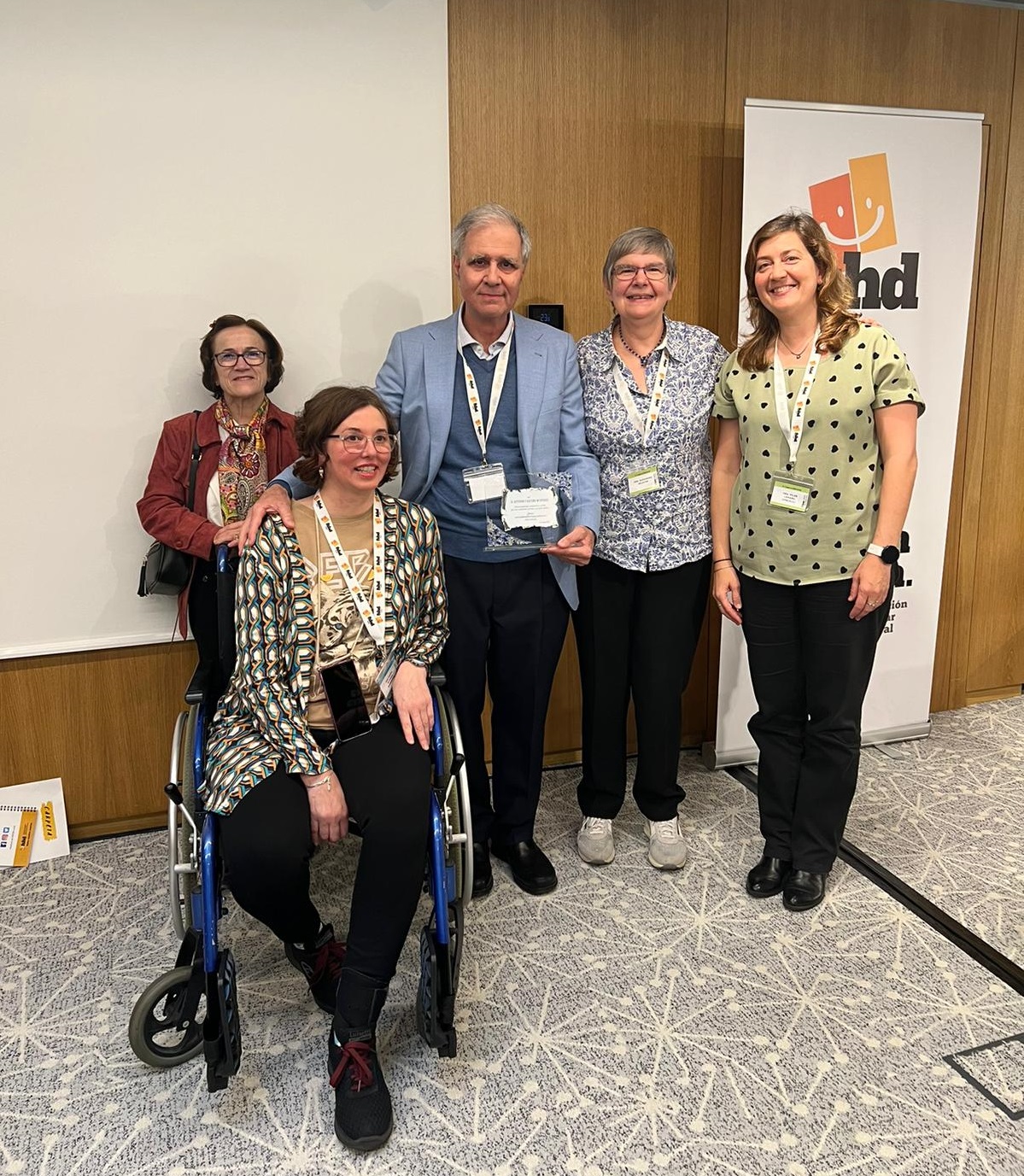The IV FSHD SPAIN Congress has recently taken place in Madrid, which has brought together national and international experts in Facioscapulohumeral Muscular Dystrophy (FSHD) who have offered their vision on various lines of study and the latest advances in research in this pathology. The congress was open to the presence of the media that collaborate in raising awareness of FSHD and to representatives of different pharmaceutical companies that are working on clinical trials with the aim of blocking the main cause of the pathology and therefore finding an effective treatment.
FSHD is an inherited genetic disease causing progressive muscle weakness of the facioscapulohumeral territory. It is the third most prevalent muscular dystrophy in adults, after Duchenne muscular dystrophy and myotonic dystrophy, with an estimated prevalence of 7/100,000 inhabitants. To date we know of two FSHD entities, type 1 (FSHD1) which comprises 95% of patients with this type of dystrophy and type 2 (FSHD2) which comprises the remaining 5%. Both have a genetic as well as an epigenetic component, and through different mechanisms, they achieve the same thing, the expression of a gene called DUX4 (normally silent) located on chromosome 4, which is toxic for the muscle.
Dr. Pilar Camaño González, Head of the Molecular Diagnostic Platform of IIS Biodonostia, participated in this congress and in her intervention, she referred to the new diagnostic techniques and the importance of genetic diagnosis in FSHD. Dr. Adolfo López de Munain, Head of the Neurosciences Area of the Institute and Head of the Neurology Service and of the Neuromuscular Diseases Unit of the Hospital Universitario Donostia, intervened in a session entitled Panorama actual sobre investigación en FSHD, sharing his vision about clinical trials, their importance to advance in the knowledge of the disease and with whom, how and when to carry them out.
Dr. Pilar Camaño has been performing the genetic test for this pathology for 23 years and participating in this line of research. Therefore, Biodonostia is the national reference center for this muscular disease and to date more than 4,000 patients have been studied, of which approximately 50% have been positive for FSHD1. Around 300 molecular diagnoses of samples for the study of FSHD are performed annually, from both public and private, national and international centers.





